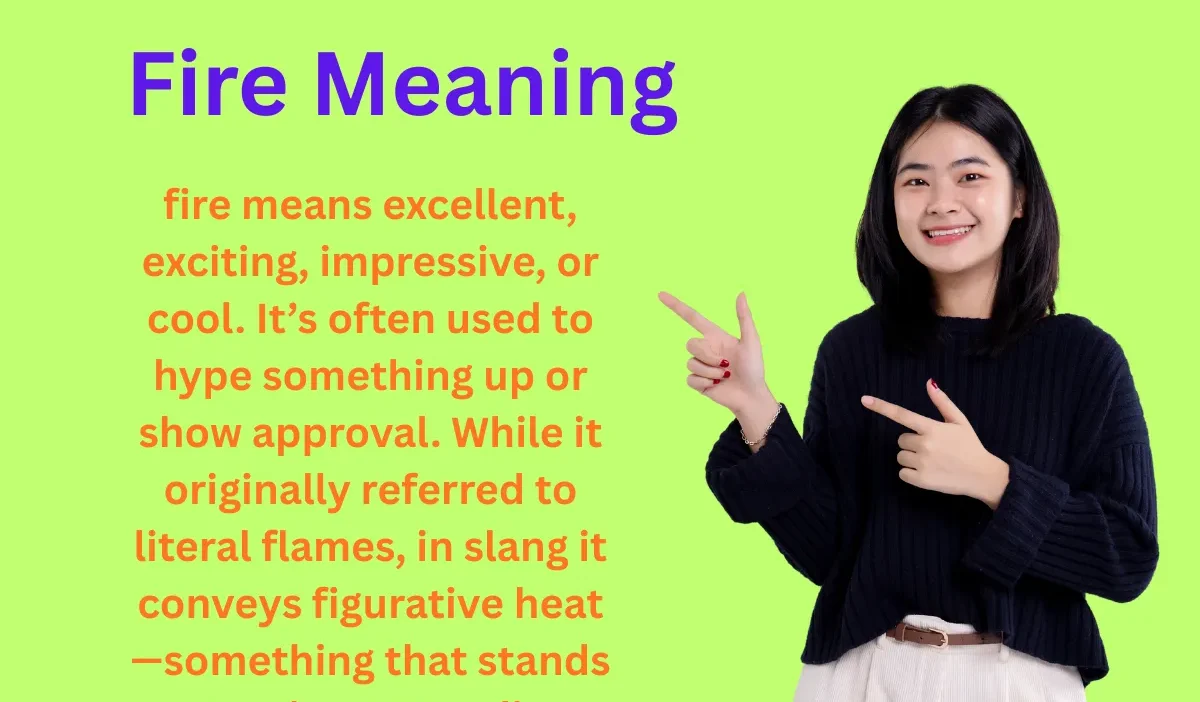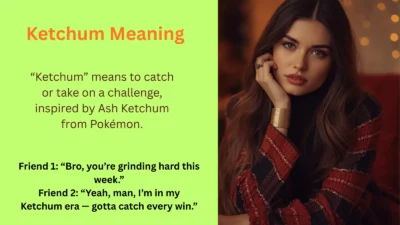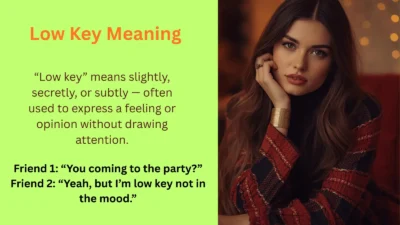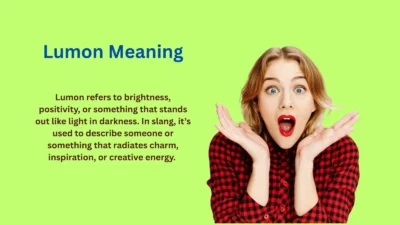When someone says something is “fire,” they’re not talking about flames. Fire slang is a popular way to describe something exciting, impressive, excellent, or high-quality. For example, someone might say, “This new track is fire,” meaning it’s amazing. In this guide, we’ll explore fire meaning, its origins, examples, usage in different contexts, alternatives, and ways to respond naturally.
Fire is casual, fun, and widely used across digital platforms, memes, and pop culture. In texting, social media, or everyday conversation, calling a song, outfit, or idea “fire” shows admiration or approval.
What Does “Fire” Mean?
In slang, fire means excellent, exciting, impressive, or cool. It’s often used to hype something up or show approval. While it originally referred to literal flames, in slang it conveys figurative heat—something that stands out or is outstanding.
Example Sentences:
- “Her performance was straight fire!”
- “These sneakers are fire, I need them!”
Key Points to Remember:
- Fire = excellent, amazing, or exciting.
- Common in texting, social media, and casual conversations.
- Can describe objects, performances, ideas, or experiences.
- Related terms include lit, dope, awesome, and epic.
Background & History
The slang use of fire dates back to the 1990s hip-hop and urban culture. Artists used it in lyrics to describe hot tracks, standout performances, or impressive style. Over time, it spread to mainstream culture through music, movies, and social media.
Today, “fire” is universally understood online, appearing in captions, comments, memes, and emoji form (🔥) to amplify praise. It’s casual, energetic, and fun—perfect for expressing enthusiasm.
Usage in Various Contexts
1. Texting
- “That joke was fire 😂”
- “Your outfit is fire today!”
Used to compliment or hype something to friends.
2. Social Media
People post fire captions or comments to show excitement.
Example: “New EP dropped today, it’s fire 🔥.”
3. Gaming
Gamers use “fire” to describe impressive plays or achievements.
Example: “That clutch move? Fire!”
4. Everyday Conversations
- “The pizza here is fire, best I’ve had.”
- “Her presentation was fire—everyone was impressed.”
It emphasizes approval, excitement, or exceptional quality.
Dialogue Example:
Jordan: “Did you hear her new song?”
Riley: “Yes! It’s fire, can’t stop listening.”
Common Misconceptions & Clarifications
1: Fire only means hot temperature.
Clarification: In slang, it conveys excellence, excitement, or impressiveness.
2: Fire is overused or outdated.
Clarification: While popular, it’s still widely used online, in memes, and casual talk.
3: Fire implies danger.
Clarification: Figurative fire is positive—something “hot” in quality, not literally unsafe.
Similar Terms & Alternatives
| Term | Meaning | Tone |
|---|---|---|
| Lit | Exciting, fun, excellent | Casual |
| Dope | Cool, impressive | Informal |
| Epic | Grand, outstanding | Playful |
| Awesome | Very impressive | Neutral |
| Sick | Extremely good or exciting | Slangy |
Example:
- “That track is fire 🔥” (casual, hype)
- “That track is dope” (informal, positive)
How to Respond to This Term
Casual Response:
- “I know, right? Fire!”
- “Totally agree, it’s amazing!”
Funny Response:
- “Call the fire department, this is too hot 😂🔥.”
- “Too fire to handle!”
Complimentary Response:
- “Glad you think so, it really is fire.”
- “Thanks! I knew it would be fire.”
Regional or Cultural Differences
In the U.S., fire is extremely common in slang, memes, and social media.
In the U.K., “fire” is also understood, though people may use “lit” or “sick” more often.
Other countries with English-speaking youth communities adopt fire in texting and online content.
Emoji (🔥) often accompanies fire to amplify emphasis across platforms.
Comparison with Similar Terms
| Expression | Excitement Level | Common Use | Example |
|---|---|---|---|
| Fire | High | Praise, approval, hype | “That movie was fire!” |
| Lit | High | Fun, excitement | “Party tonight is lit!” |
| Dope | Medium-High | Cool, stylish, impressive | “Those shoes are dope.” |
| Epic | Medium | Big or grand | “That finale was epic.” |
| Awesome | Medium | Positive, general | “Your idea is awesome.” |
Usage in Online Communities & Social Media
- On TikTok: “Her dance moves are fire 🔥.”
- On Twitter: “That meme? Fire, can’t stop laughing 😂🔥.”
Fire is used to show excitement, approval, and hype. Tone is casual, enthusiastic, and positive.
Hidden or Offensive Meanings
Fire is generally positive and harmless. In rare contexts, calling something “fire” could be sarcastic (e.g., “Oh yeah, fire…”), but mostly it’s praise. Always read tone carefully in online posts.
Suitability for Professional Communication
“Fire” is not ideal in formal work communication. Instead, use:
- “Excellent work”
- “Outstanding performance”
- “Highly impressive”
In casual team chats, fire can be playful and motivating—just use it appropriately based on the audience.
FAQs
- What does fire mean in slang?
Fire means excellent, exciting, impressive, or high-quality. - Is fire negative or offensive?
No, it’s positive, expressing admiration or excitement. - Can I use fire at work?
Only in casual team chats; avoid formal reports. - What’s the difference between fire and lit?
Both express excitement; fire emphasizes excellence, lit emphasizes fun or hype. - How do you respond when someone says, “This is fire”?
“Totally!” “Absolutely!” or playful replies like “Call the fire department!.”
Conclusion
Fire meaning revolves around excitement, excellence, and hype. From music to fashion, social media, or casual conversation, calling something “fire” shows admiration and approval.
Whether texting a friend, posting a meme, or reacting online, understanding “fire” helps you express excitement naturally. Always consider tone and context—keep it fun, positive, and hype-worthy.





